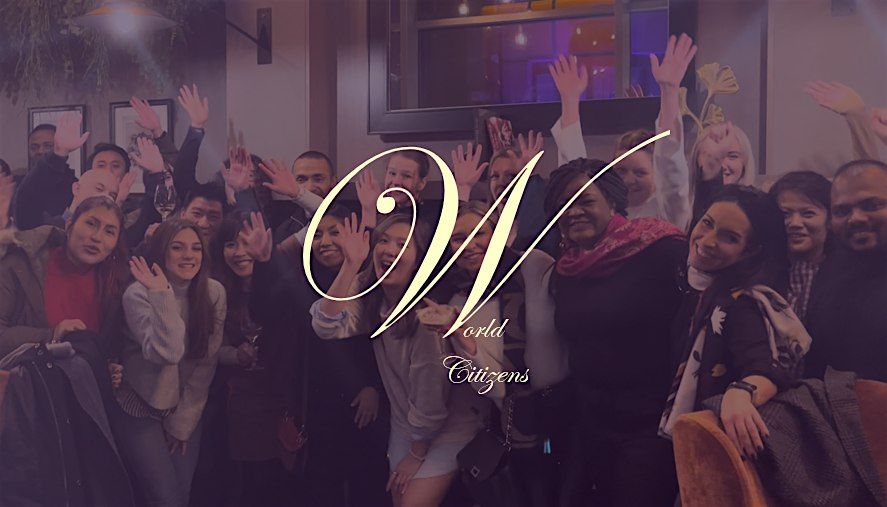NO IRISH NO BLACKS NO DOGS-Reparations for Black and Mixed-Black in Ireland
Schedule
Wed, 17 Jul, 2024 at 03:00 pm to Sat, 08 Nov, 2025 at 09:00 pm
UTC+01:00Location
Reparation Corner, 41 - 47 West Green Rd, Tottenham, Haringey. N15 | London, EN
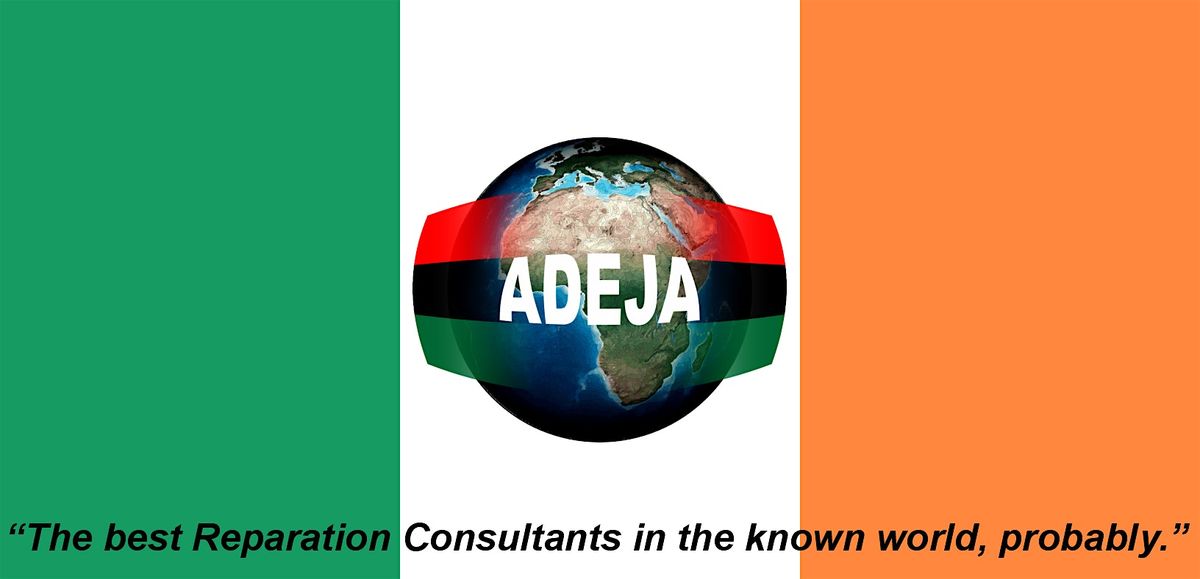 ADEJA CAMPAIGN FOR REPARATIONS IN TOTTENHAM HARINGEY: FOCUS ON BLACK AND MIXED-BLACK PEOPLE IN IRELAND - THIN LIZZY
ADEJA CAMPAIGN FOR REPARATIONS IN TOTTENHAM HARINGEY: FOCUS ON BLACK AND MIXED-BLACK PEOPLE IN IRELAND - THIN LIZZYAbout this Event
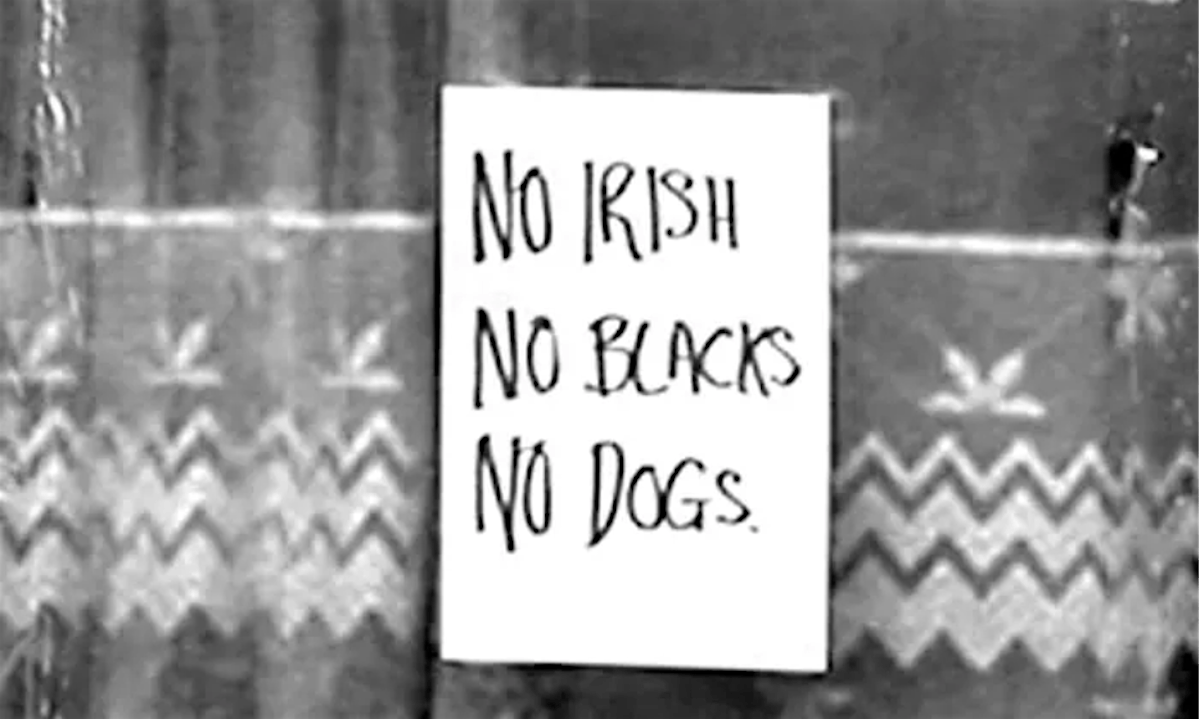
ADEJA Weekly Discussion Meetings: Advancing Reparatory Justice for Black and Mixed-Black People in Ireland
The African Diaspora Equity and Justice Alliance (ADEJA) is actively hosting weekly meetings around London, fostering discussions centered on the ADEJA campaign. This campaign aims to secure reparatory justice for Black and Mixed-Black people, particularly those with Irish heritage, against the backdrop of historical discrimination exemplified by the infamous slogan, "No Irish, no Blacks, no dogs." These meetings provide a platform for individuals to engage in meaningful conversations about the campaign and the broader movement towards achieving reparatory justice.
Understanding ADEJAWhat is ADEJA?
The African Diaspora Equity and Justice Alliance (ADEJA) is an organization committed to advancing the well-being, empowerment, and unity of Black Africans, the Black African diaspora, and the Mixed-Black diaspora. ADEJA's primary goal is to pursue historical reparatory justice based on an evidence-based claim-by-claim basis. The initiative focuses on restoring cultural identity and securing reparations for the injustices faced by Black and Mixed-Black communities, particularly those with Irish heritage.
The Mission of ADEJA
ADEJA's mission is multi-faceted, aiming to:
- Empower Black and Mixed-Black Communities: ADEJA seeks to uplift and unite these communities by promoting a strong sense of identity and cultural pride.
- Pursue Historical Reparatory Justice: The organization is dedicated to addressing the historical injustices and systemic discrimination faced by these communities.
- Foster International Collaboration: ADEJA aims to build bridges between diverse communities, fostering global support for its cause.
The Discriminatory Slogan
The phrase "No Irish, no Blacks, no dogs" is a stark reminder of the overt racism and xenophobia prevalent in Britain during the mid-20th century. This slogan was commonly seen on signs outside boarding houses and public establishments, explicitly prohibiting entry to Irish people, Black individuals, and even dogs. This discriminatory practice highlighted the deep-seated prejudice against these groups, reflecting a broader societal disdain and systemic exclusion.
Impact on Black and Irish Communities
This slogan not only symbolizes the shared struggle of Black and Irish communities but also underscores the intersectional nature of discrimination. Both groups faced significant barriers to employment, housing, and social acceptance, leading to a legacy of marginalization that continues to resonate today. ADEJA's campaign draws attention to this shared history, advocating for reparations and recognition of the injustices faced by these communities.
The Evolution of Irish Identity in the UKThe Classification of Irish as White
Historically, the Irish were not always considered white in the context of British racial categorization. In the 19th and early 20th centuries, Irish immigrants faced intense discrimination and were often racialized as inferior to the Anglo-Saxon population. However, over time, socio-political dynamics shifted, leading to the gradual inclusion of Irish people within the broader category of whiteness.
Factors Influencing This Shift
Several factors contributed to the reclassification of the Irish as white:
- Integration and Assimilation: As Irish immigrants integrated into British society, their distinct cultural identity became less pronounced, facilitating their acceptance as part of the white majority.
- Political and Economic Changes: Shifts in political and economic landscapes, including the rise of labor movements and the need for a united working-class front, played a role in the redefinition of racial categories.
- Changing Social Attitudes: Over time, societal attitudes evolved, leading to a more inclusive understanding of whiteness that encompassed Irish identity.
Alignment with British Racial and Ethnic Values
ADEJA works closely with the UK Government, aligning its initiatives with British racial and ethnic values to promote social cohesion and stability. This collaboration is rooted in a shared commitment to conserving Protected Characteristics, including race and ethnicity codes, as integral to national security.
The Importance of Protected Characteristics
In the UK, Protected Characteristics are defined under the Equality Act 2010, encompassing attributes such as race, ethnicity, gender, and religion. These characteristics are safeguarded to prevent discrimination and promote equality. ADEJA emphasizes the importance of these protections, advocating for their preservation as a means to ensure clarity and effectiveness in delivering reparatory justice.
Why ADEJA Needs UK Race and Ethnicity Codes
For ADEJA, utilizing the UK race and ethnicity codes is crucial in effectively identifying and addressing the unique challenges faced by Black and Mixed-Black communities. These codes provide a standardized framework for classification, facilitating accurate data collection and targeted interventions. By leveraging these codes, ADEJA can:
- Clarify Identity: Clear racial and ethnic classifications help in accurately identifying individuals entitled to reparations.
- Strengthen Claims: The use of established codes bolsters the legitimacy of reparatory claims, ensuring they are grounded in recognized frameworks.
- Promote Inclusivity: A standardized approach to racial and ethnic classification promotes inclusivity and equity in the delivery of reparatory justice.
National Security Implications
Any attempt to dismantle race as a UK Protected Characteristic poses a significant threat to national security. Race and ethnicity play a vital role in maintaining social cohesion and addressing historical injustices. Without these protections, there is a risk of exacerbating social divisions and undermining efforts to combat discrimination. ADEJA argues that preserving these characteristics is essential for:
- Social Stability: Ensuring equitable treatment of all racial and ethnic groups fosters a stable and harmonious society.
- Addressing Historical Injustices: Protecting these characteristics is crucial for recognizing and addressing the historical wrongs faced by marginalized communities.
- Promoting National Unity: Acknowledging and valuing diversity strengthens national unity and resilience against divisive forces.
Importance for National Security
Race and ethnicity are fundamental components of national security in the UK. They contribute to the country's social fabric, influencing identity, culture, and community dynamics. By recognizing and addressing racial and ethnic disparities, the UK can:
- Enhance Social Cohesion: Acknowledging and valuing diverse identities promotes a sense of belonging and mutual respect among citizens.
- Prevent Social Unrest: Addressing the root causes of racial and ethnic tensions reduces the risk of social unrest and conflict.
- Strengthen National Resilience: A unified and inclusive society is better equipped to respond to external threats and challenges.
UK Protected Characteristics
Under the Equality Act 2010, the UK recognizes several Protected Characteristics, including:
- Age
- Disability
- Gender Reassignment
- Marriage and Civil Partnership
- Pregnancy and Maternity
- Race
- Religion or Belief
- Sex
- Sexual Orientation
These characteristics are safeguarded to ensure equality and prevent discrimination, forming a cornerstone of the UK's commitment to human rights and social justice.
How ADEJA Engages with the UK GovernmentCollaborative Efforts
ADEJA engages with the UK Government through various collaborative efforts, including:
- Policy Advocacy: Working with policymakers to influence legislation and policies that support reparatory justice and racial equality.
- Community Engagement: Facilitating dialogue between government officials and community members to address concerns and develop inclusive solutions.
- Research and Data Collection: Conducting research and collecting data to inform evidence-based advocacy and policy recommendations.
Promoting Racial Equality
ADEJA's collaboration with the UK Government demonstrates a shared commitment to promoting racial equality and combating discrimination. By working together, ADEJA and the government can:
- Address Systemic Discrimination: Implement policies and initiatives that tackle systemic discrimination and promote equal opportunities.
- Support Marginalized Communities: Provide resources and support to marginalized communities to help them overcome barriers to success.
- Enhance Public Awareness: Raise awareness about the importance of racial equality and the need for reparatory justice.
Clarifying Identity for Reparatory Justice
ADEJA's campaign emphasizes the importance of clarifying racial and ethnic identity to effectively deliver reparatory justice. By using the UK race and ethnicity codes, ADEJA ensures that:
- Claims are Grounded in Evidence: Accurate classification supports the legitimacy of reparatory claims.
- Reparations are Equitably Distributed: A standardized approach ensures that reparations are distributed fairly and equitably.
- Historical Injustices are Addressed: Clear classification helps to acknowledge and address historical injustices faced by Black and Mixed-Black communities.
Threats to National Security
Any effort to dismantle race as a UK Protected Characteristic threatens national security by:
- Undermining Social Cohesion: Removing protections for racial and ethnic groups could exacerbate social divisions and tensions.
- Weakening Efforts to Combat Discrimination: Without these protections, efforts to combat discrimination and promote equality would be significantly weakened.
- Destabilizing Communities: Marginalized communities would be more vulnerable to discrimination and exclusion, leading to social instability.
Enhancing Social Cohesion
Recognizing and valuing racial and ethnic diversity is crucial for enhancing social cohesion. A society that embraces diversity is more likely to foster mutual respect and understanding among its members.
Preventing Social Unrest
Addressing racial and ethnic disparities helps to prevent social unrest and conflict. By promoting equality and inclusion, the UK can reduce the risk of tensions escalating into violence.
Strengthening National Resilience
A unified and inclusive society is more resilient to external threats and challenges. Embracing diversity strengthens the social fabric, making the nation more adaptable and resilient.
Supporting the ADEJA Campaign: The Role of the Irish CommunityShared History of Discrimination
The Irish community shares a history of discrimination with Black and Mixed-Black communities. This shared experience creates a foundation for solidarity and mutual support in the pursuit of reparatory justice.
Advocacy and Allyship
The Irish community can support the ADEJA campaign through advocacy and allyship. By raising awareness about the campaign and advocating for reparatory justice, the Irish community can help to amplify ADEJA's message and influence policy changes.
Cultural and Historical Connections
Cultural and historical connections between the Irish and Black communities can be leveraged to foster collaboration and support. By highlighting these connections, the Irish community can help to build bridges and promote unity.
ConclusionThe ADEJA weekly discussion meetings around London are a vital platform for advancing the campaign for reparatory justice for Black and Mixed-Black people, particularly those with Irish heritage. By addressing historical injustices and promoting racial equality, ADEJA seeks to create a more just and inclusive society. The collaboration with the UK Government and the support of the Irish community are crucial in achieving these goals. By preserving Protected Characteristics and emphasizing the importance of race and ethnicity, ADEJA aims to ensure that reparatory justice is effectively delivered, contributing to national security and social cohesion.
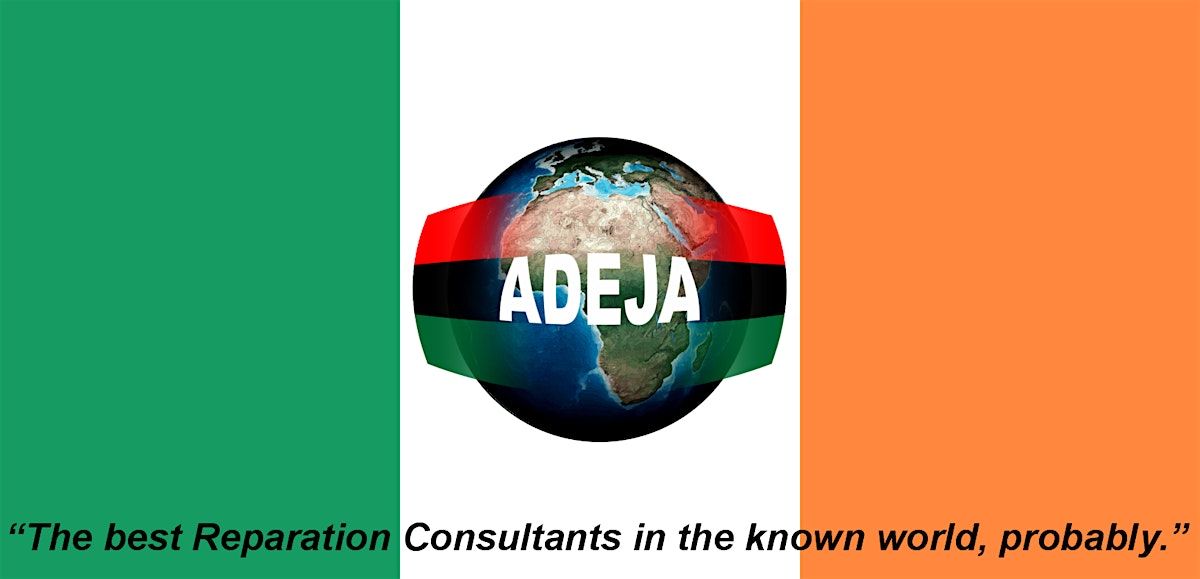
THIN LIZZY
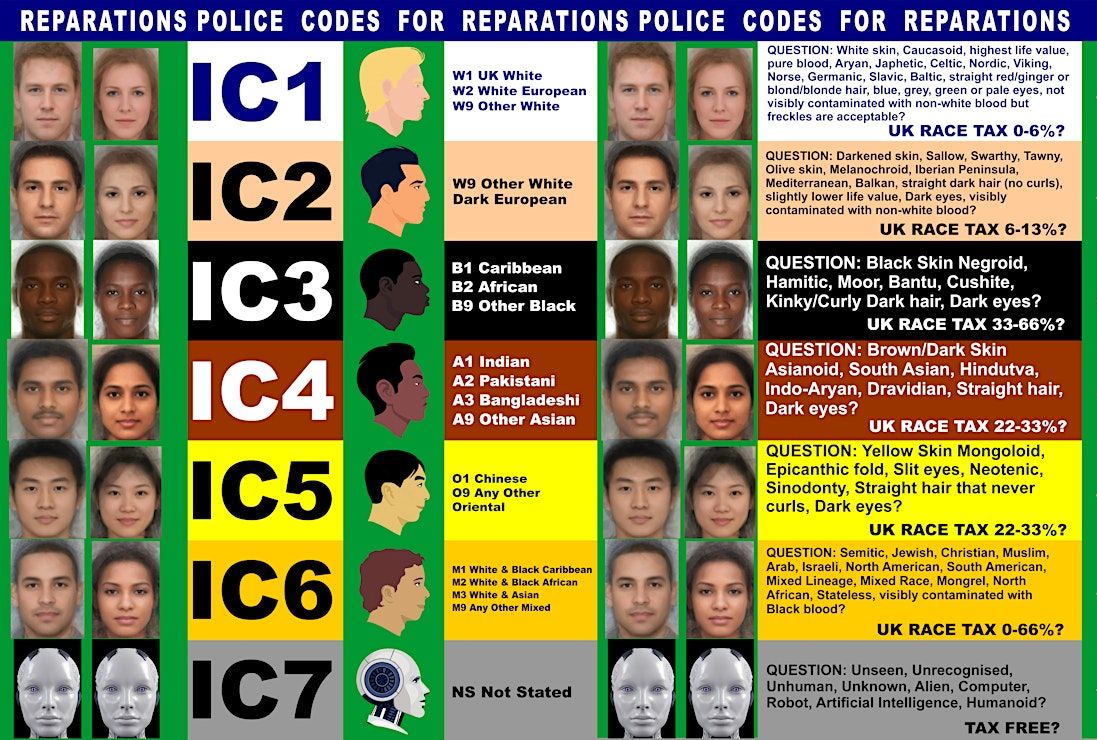
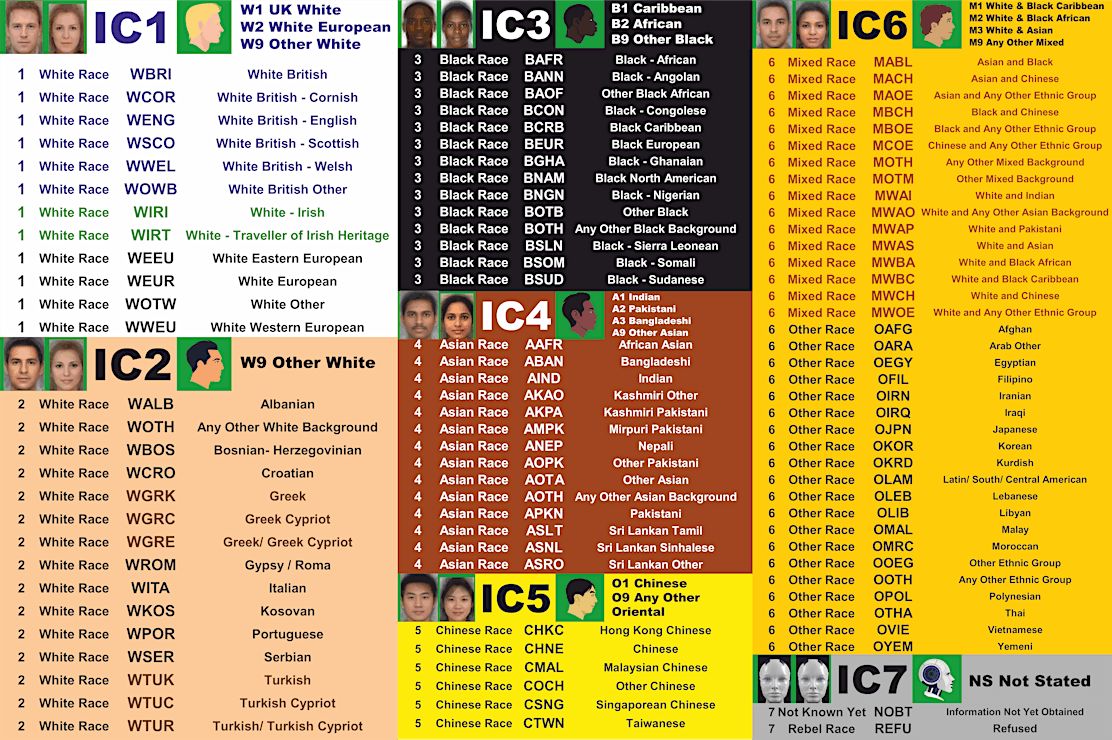
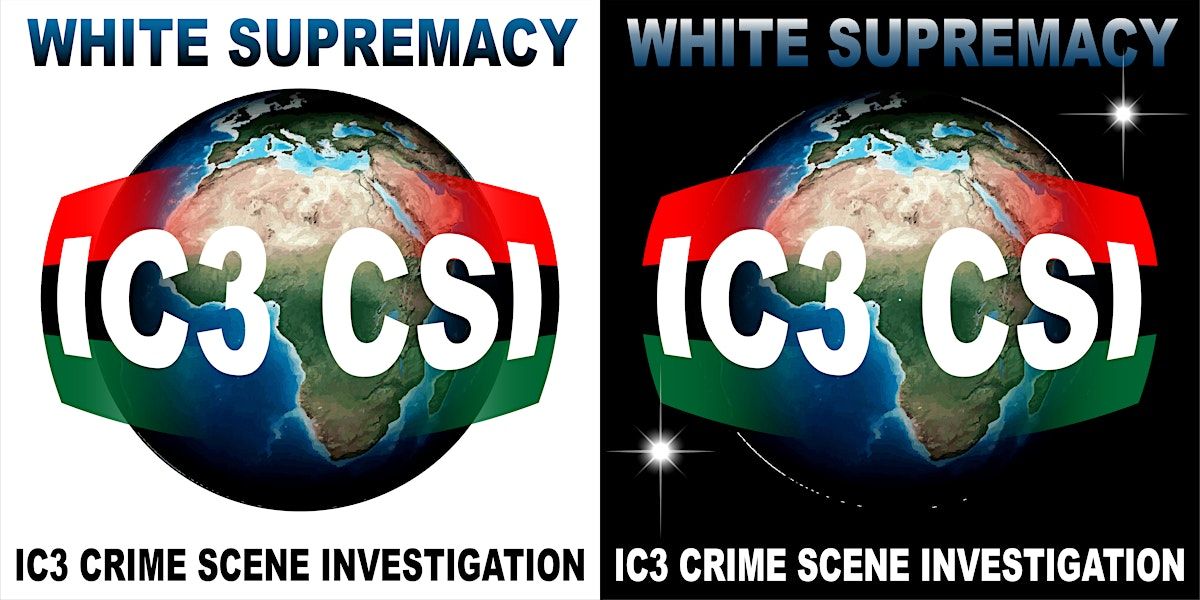
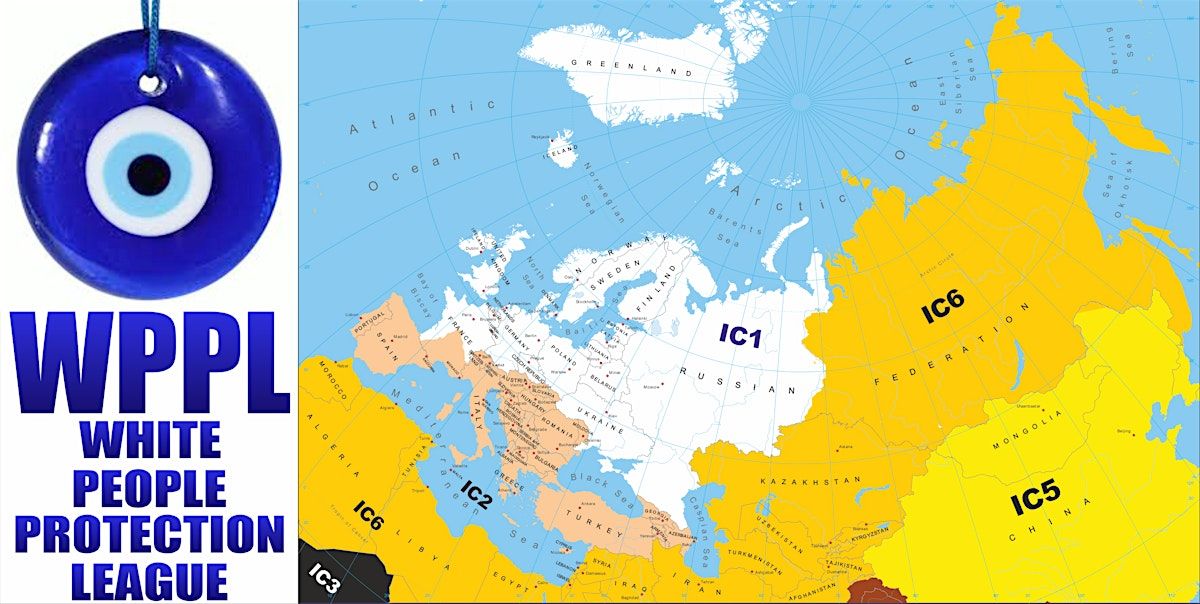
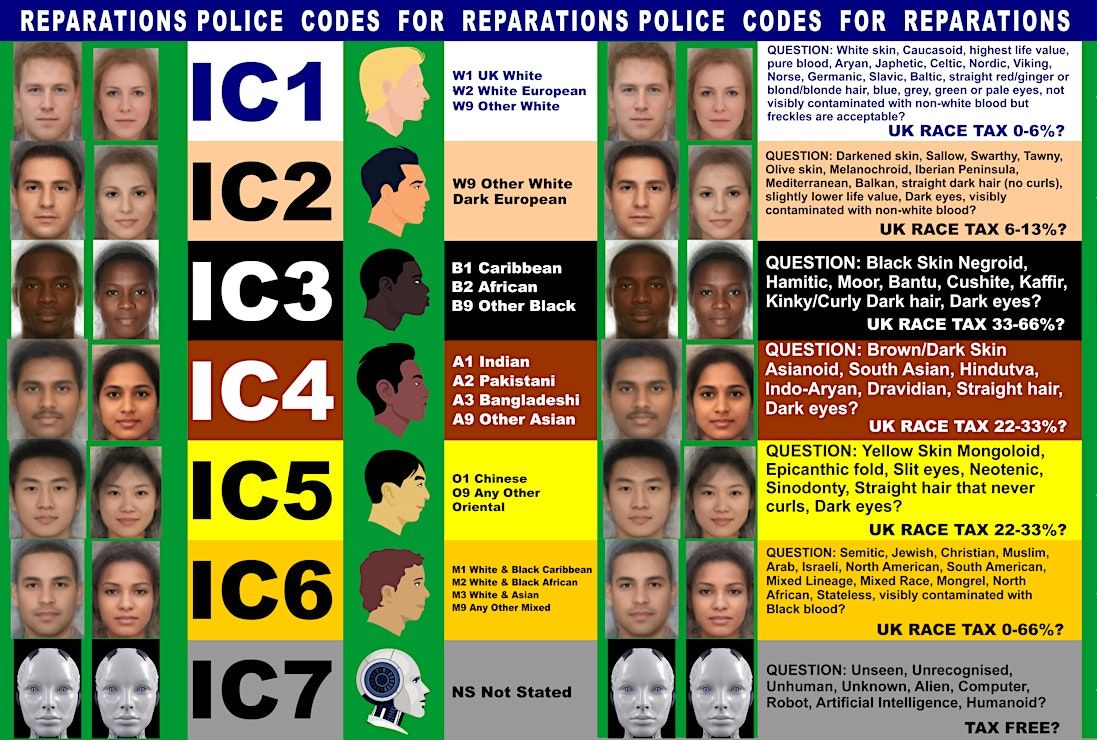
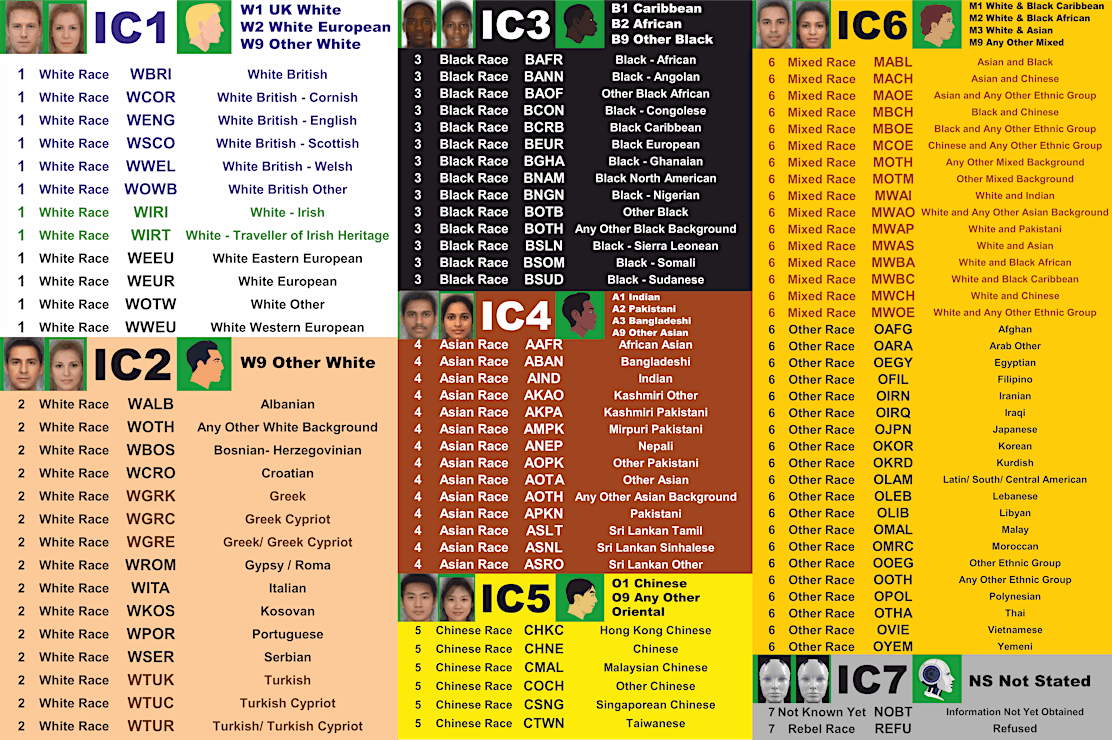
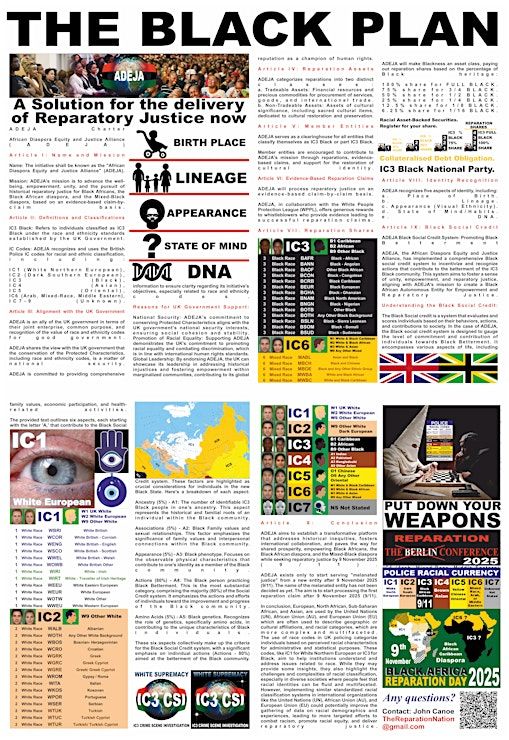
THIN LIZZY
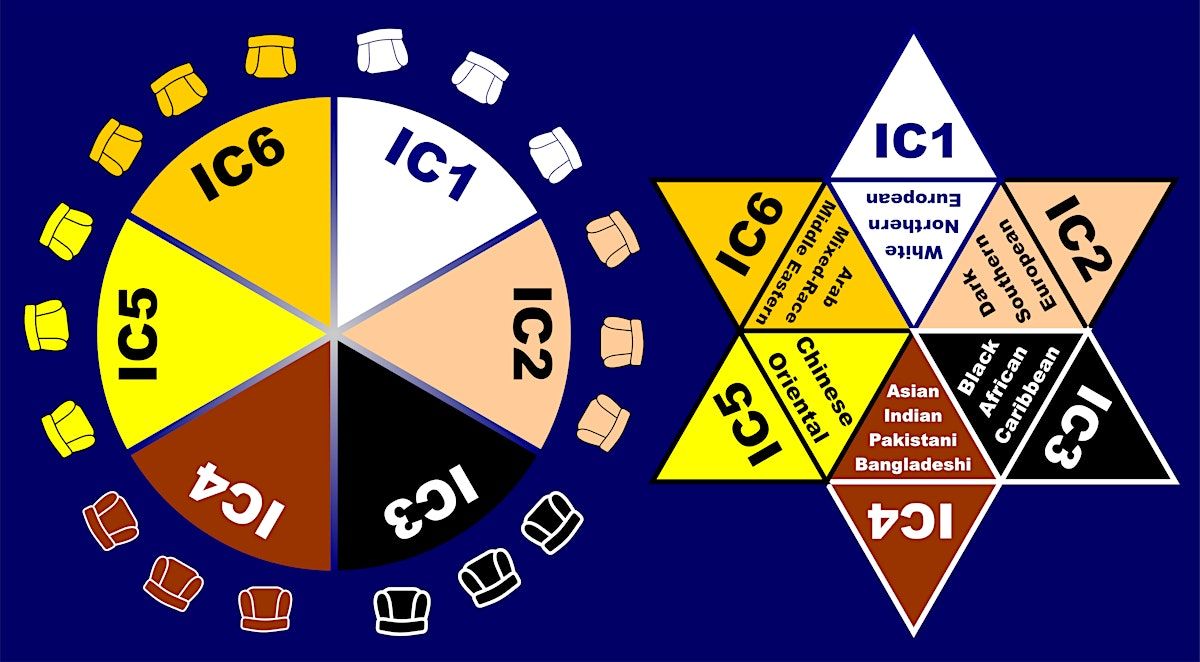
Where is it happening?
Reparation Corner, 41 - 47 West Green Rd, Tottenham, Haringey. N15, 41 West Green Road, London, United KingdomGBP 0.00












